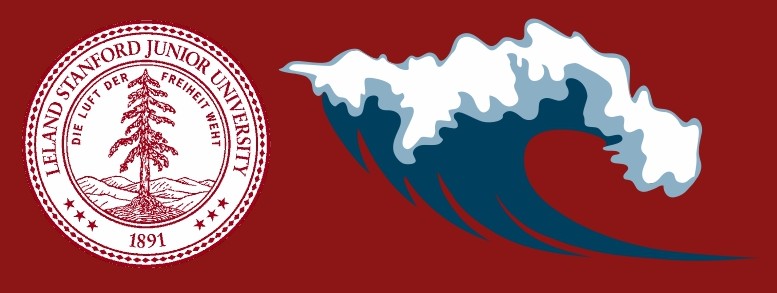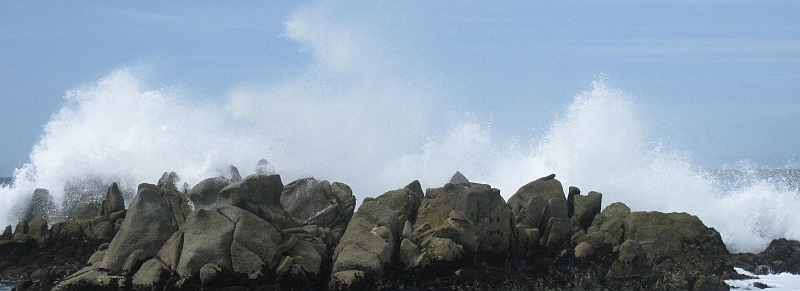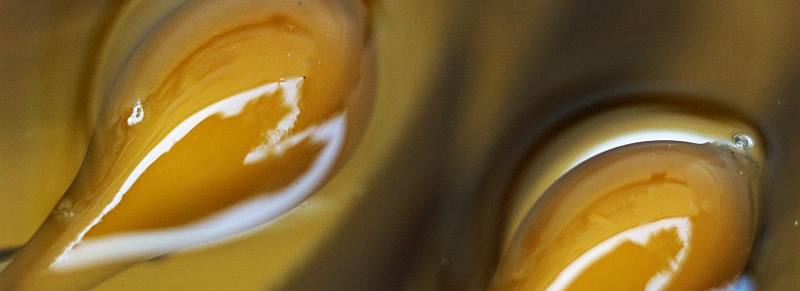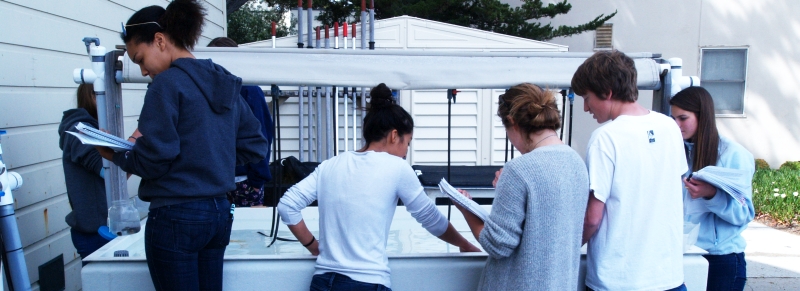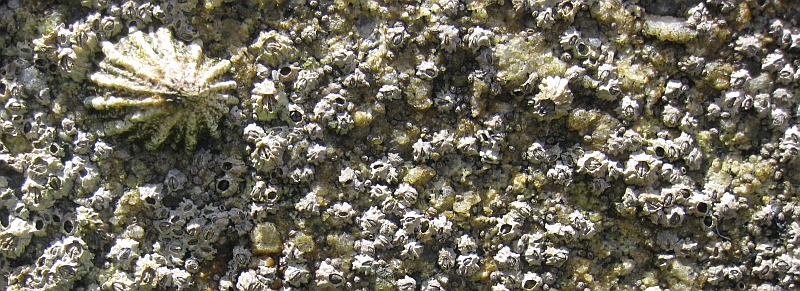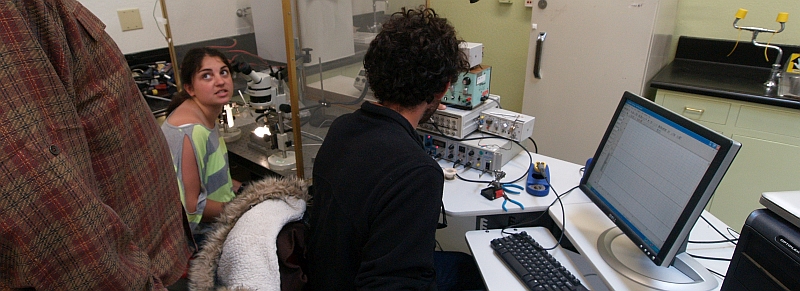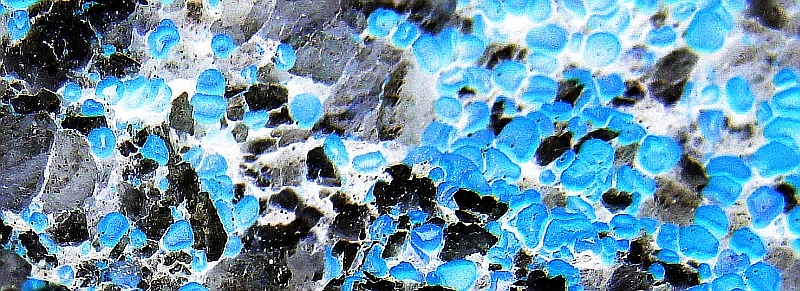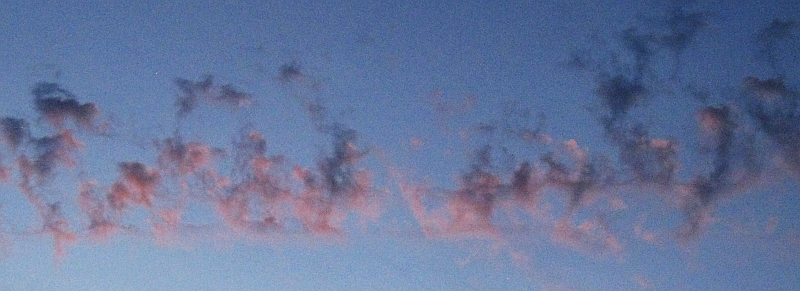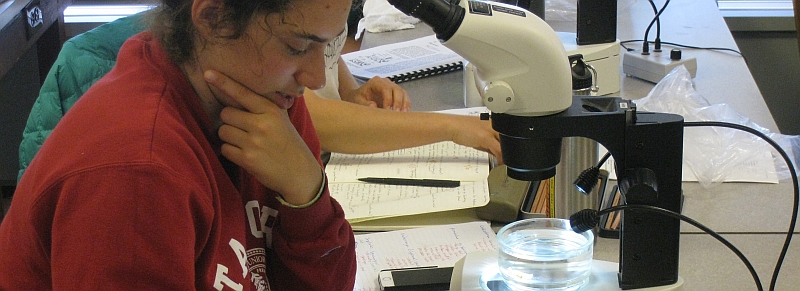Welcome
Research * Technology * Conservation * Diversity
Spring quarter applications are due February 15.
The slate of courses fills many different degree requirements.
Course offerings for:
Faculty Research
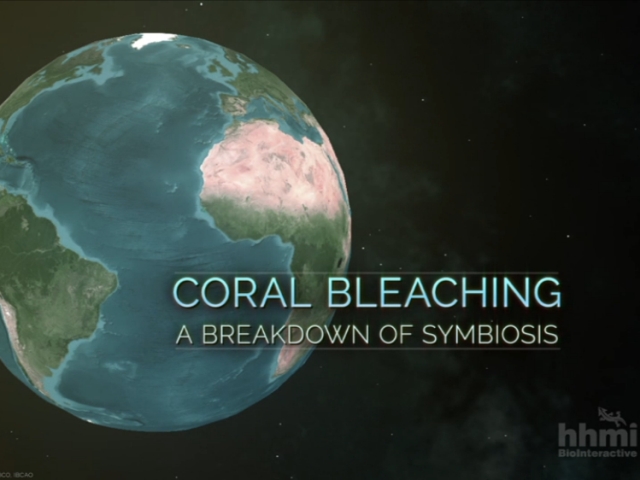
Steve Palumbi's work among "The 10 Best Science Images, Videos, And Visualizations Of The Year"
Student Research
Graduate Student Symposium: three students share their fascinating work at Friends Lecture
Current News
Hakai Magazine has just published a story by Pulitzer prize winning journalist Ken Weiss about the work of Austin Ayers, one of our Biology Honors Thesis students and his quest for finding the shark in shark fin soup.
Upcoming Events
11
SEMINAR: noon-1pm Boat Works, Steve Gaines, University of California, Santa Barbara, The future of food from the sea
1
SEMINAR: noon-1pm Boat Works, Carolyn Friedman, University of Washington
8
SEMINAR: noon-1pm Boat Works, Stephen Munch, NOAA Southwest Fisheries Science Center
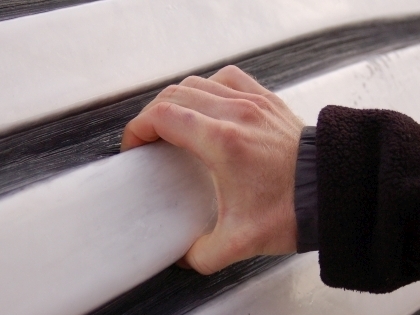
Close up of the ventral
pleats of a fin whale
Research Spotlight:
Goldbogen Lab
In the Goldbogen Lab at Hopkins Marine Station, researchers are harnessing new technologies, from accelerometers and hydrophones to underwater cameras and 3D printers, to demystify these leviathans. The lab’s groundbreaking methods provide insight not only into what goes on under the surface of the ocean, but also into what happens, mechanically and physiologically, inside the body of a whale.
more . . .
